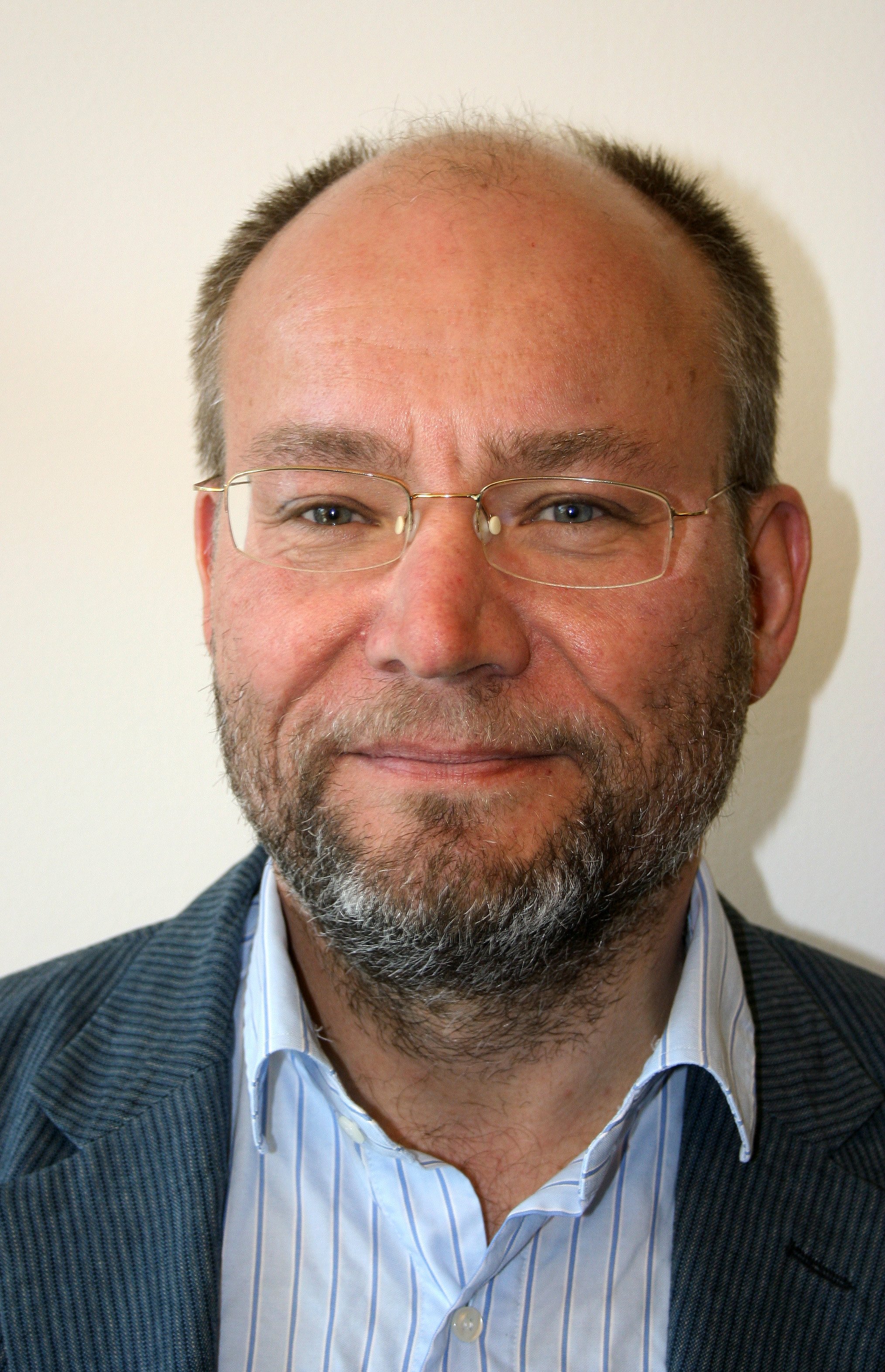New immunological mechanism of atherosclerosis
Researchers at Karolinska Institutet have identified a new mechanism behind the immunological activation in atherosclerosis. The results are expected to lead to new treatment options for cardiovascular disease.

Atherosclerosis is a central cause of cardiovascular disease, which is the leading cause of death in both Sweden and globally. In recent years, research has shown that atherosclerosis is a vascular inflammation, where immunological cells such as T cells and dendritic cells play an important role. An immunological activation in atherosclerosis plaques is likely to be an important mechanism of disease such as heart attack and stroke.
In the current study, the research group led by Professor Johan Frostegård raised the question why these immunological cells are activated and whether it is possible to reduce the inflammation by suppressing the activity of the cells.
The atherosclerosis plaques consist of rancid fat in the form of lipoprotein, dead cells and immunologically active cells - ie an active inflammation. The body's defense system cannot handle the rancid fat and the dead cells, but these accumulate in the vessels. When the fat is oxidized, various oxidation products are formed, including the fatty substance malondialdehyde (MDA) which binds to proteins.
The research results now show that MDA conjugated with albumin can activate T cells from the plaque, both directly and indirectly via dendritic cells, and that the effect can be inhibited by antibodies against MDA. This identification of a mechanism for how T cells can be activated in atherosclerosis opens up possibilities for a new treatment where T cell activation can be modulated and inhibited.
Activation of T cells in atherosclerosis plaques can be central to the emergence of cardiovascular disease, and by developing a method to examine the T cells from the plaque itself, together with dendritic cells from the same patient, we have demonstrated a possible new mechanism that may contribute to new treatments for cardiovascular disease.
Publication
Rahman M, Steuer J, Gillgren P, Végvári Á, Liu A, Frostegård J.
Malondialdehyde Conjugated With Albumin Induces Pro-Inflammatory Activation of T Cells Isolated From Human Atherosclerotic Plaques Both Directly and via Dendritic Cell–Mediated Mechanism
Journal of American College of Cardiology: Basic and Translational, July 2019
Contact
Johan Frostegård is professor in medicin at Karolinska Institutet with research on the importance of the immune system for atherosclerosis and cardiovascular disease. He is also a senior physician at Karolinska Hospital and a writer. His popular science book "Evolution and I" has recently been published in English.
